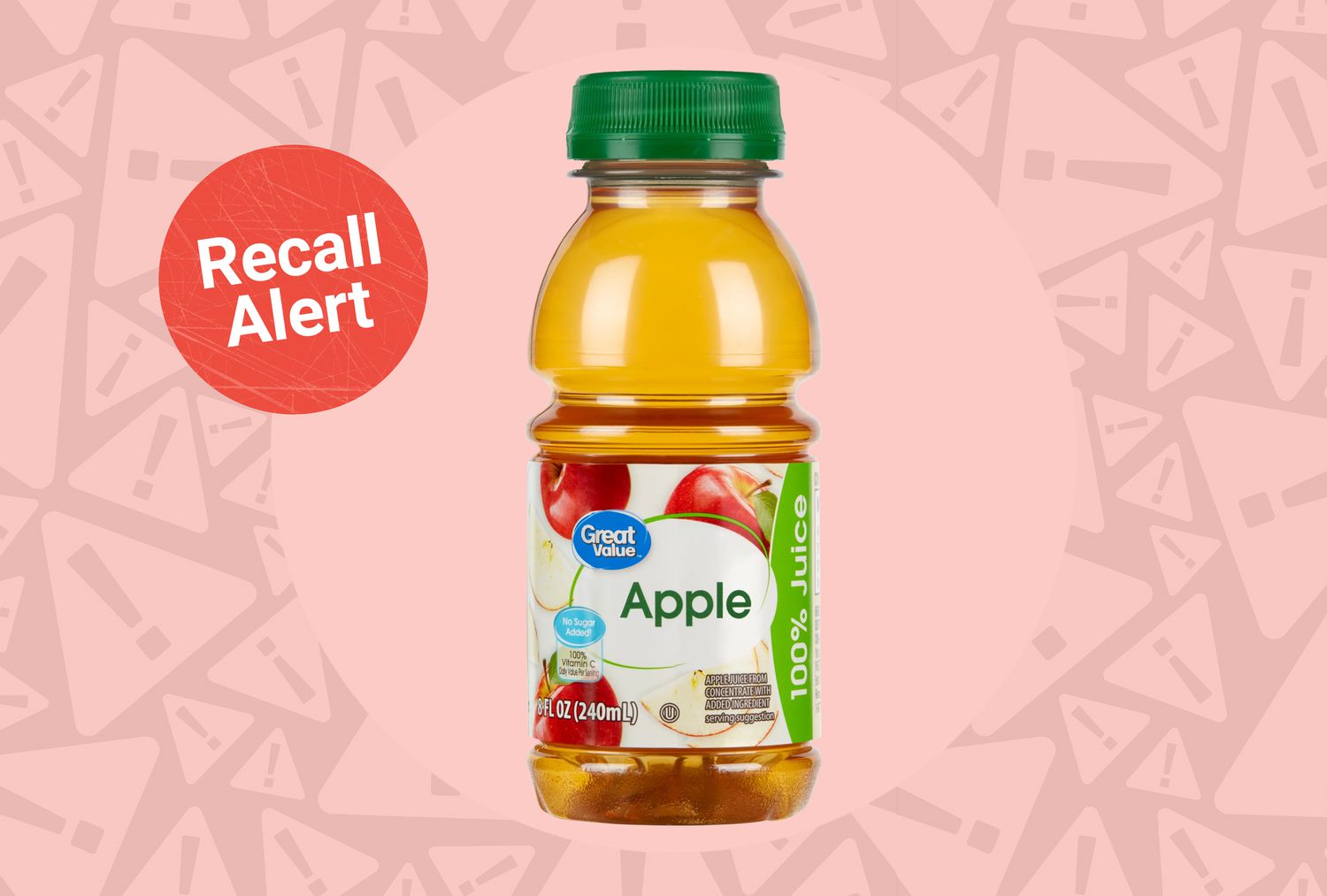Apple juice by Walmart across 25 states due to elevated arsenic levels highlights significant concerns regarding food safety and regulatory practices in the United States. Arsenic, a known carcinogen and toxic element, can have detrimental health effects, particularly on vulnerable populations such as children. The presence of arsenic in food products raises critical questions about the effectiveness of existing food safety regulations and the responsibilities of large retailers in ensuring consumer safety.
This incident underscores the necessity for stringent monitoring and testing protocols within the food supply chain. While federal agencies like the Food and Drug Administration (FDA) set permissible limits for contaminants, lapses can occur at various stages—from agricultural practices to processing facilities. The detection of elevated arsenic levels in a widely consumed product such as apple juice suggests potential systemic issues related to agricultural practices, including water contamination from industrial runoff or pesticide use. Therefore, it is imperative that both manufacturers and retailers adopt rigorous quality control measures to prevent similar occurrences in the future.
The recall of “Great Value” branded 8-ounce Apple Juice sold in six packs in PET plastic bottles, was initiated on August 16 and classified as a “Class II” recall on August 23. The juices were made by Tampa-based Refresco Beverages US.
The FDA says a “Class II” recall is “a situation in which use of, or exposure to, a violative product may cause temporary or medically reversible adverse health consequences or where the probability of serious adverse health consequences is remote.”
The apple juice recall involves retail locations in the following places: Alabama, Connecticut, District of Columbia, Delaware, Florida, Georgia, Illinois, Indiana, Kentucky, Massachusetts, Maryland, Maine, Michigan, Mississippi, North Carolina, New Hampshire, New Jersey, New York, Ohio, Pennsylvania, Puerto Rico, Rhode Island, South Carolina, Tennessee, Virginia, Vermont, West Virginia.
Inorganic arsenic is more toxic to humans than the naturally occurring form of the mineral arsenic, and the health effects from exposure are more severe, according to the FDA. The Environmental Protection Agency has labeled inorganic arsenic a carcinogen, or a substance that causes cancer.
Levels found in the recalled apple juice bottles are low enough that the FDA does not expect them to cause such severe health consequences.
The FDA has not shared reports of possible illnesses associated with the apple juice recall.
Read more
La Liga: Real Madrid vs. Real Valladolid 3-0 MP in honeytrap scandal felt ‘guilt and horror’ after being exposedSarah H
Also on site :
- Matthew Lawrence recalls the sobering advice Mrs Doubtfire co-star Robin Williams gave him
- Every MCU actor that has not been cast in Avengers: Doomsday
- New films, new stories

